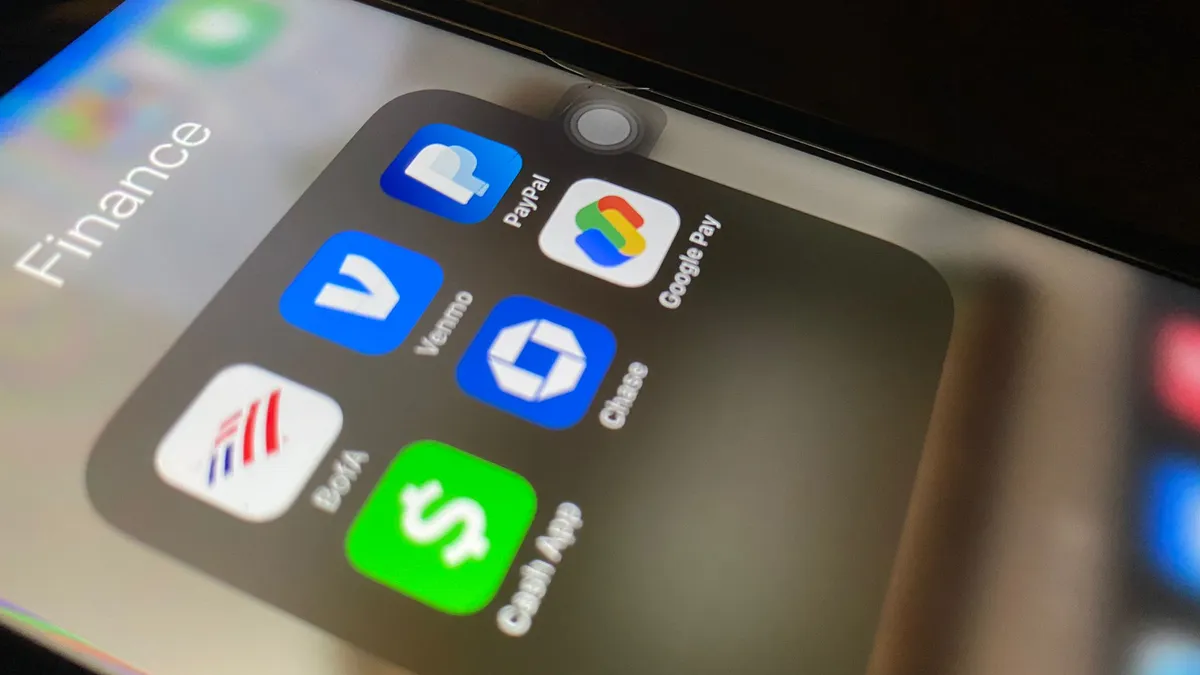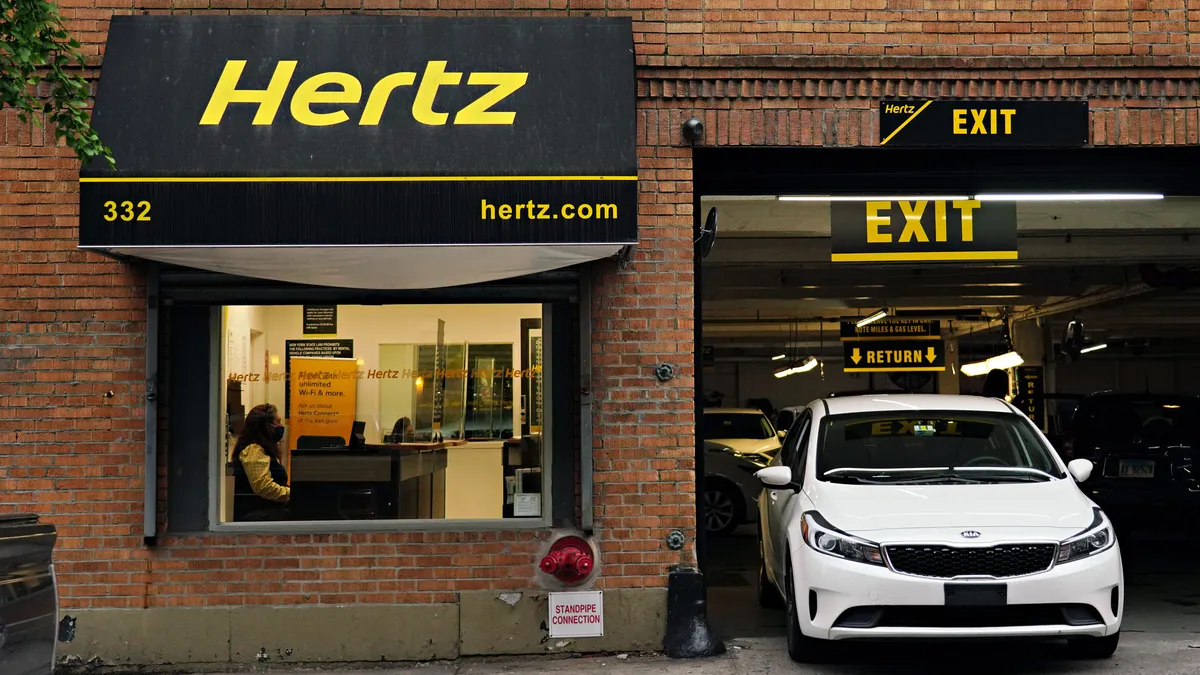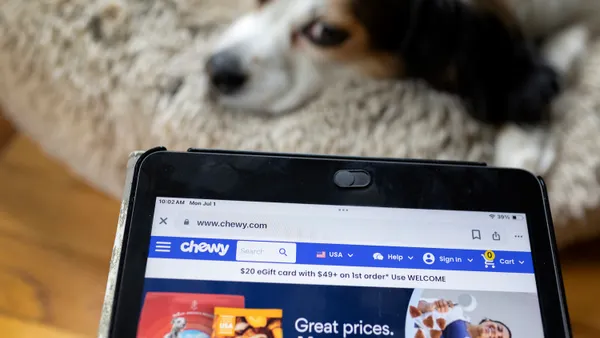Dive Brief:
- More than two-thirds of consumers say they feel no loyalty to fintech companies, according to a Tillo report released last week. Tillo surveyed over 4,000 U.S. and U.K consumers about their experiences with fintech, an industry that includes cryptocurrency, open banking and buy now, pay later services.
- Customers are also not engaging with fintech services at the same rates of other industries. Nearly 2 in 5 customers have not engaged with fintech companies, according to the survey.
- Trust and a lack of incentives are significant barriers to fintech adoption. A quarter of respondents expressed distrust of fintech services, especially of cryptocurrency. Another 1 in 5 said they have no incentives to try such services, according to the survey.
Dive Insight:
As fintech adoption lags behind other leading industries, loyalty program offerings may be the answer, according to Tillo.
Fintech service loyalty programs are less mature than those in other industries, including grocery, hospitality and travel. This loyalty gap provides an opportunity for fintech companies to improve their offerings to sign up new customers and retain existing ones, according to Tillo.
While grocery store loyalty programs are the most popular, with consumers having on average 2.1 memberships, fintech programs are the least adopted. The average consumer has just one fintech membership.
But consumers may be more interested in joining a fintech’s loyalty program if offered the right incentives.
Respondents prioritized financial benefits, which is in line with other research. Monetary rewards, followed by ease of use, were the top factors customers looked for in a loyalty program, according to the survey.
"Fintechs can close this 'loyalty gap' by using incentives and prizes, especially gift cards, which can convert skeptics into new adopters and convert infrequent users into devoted supporters," Alex Preece, CEO and co-founder of Tillo, said in a prepared statement.
When deciding between two fintech services, more than half of consumers said that sign-up incentives and loyalty rewards were influential considerations.












